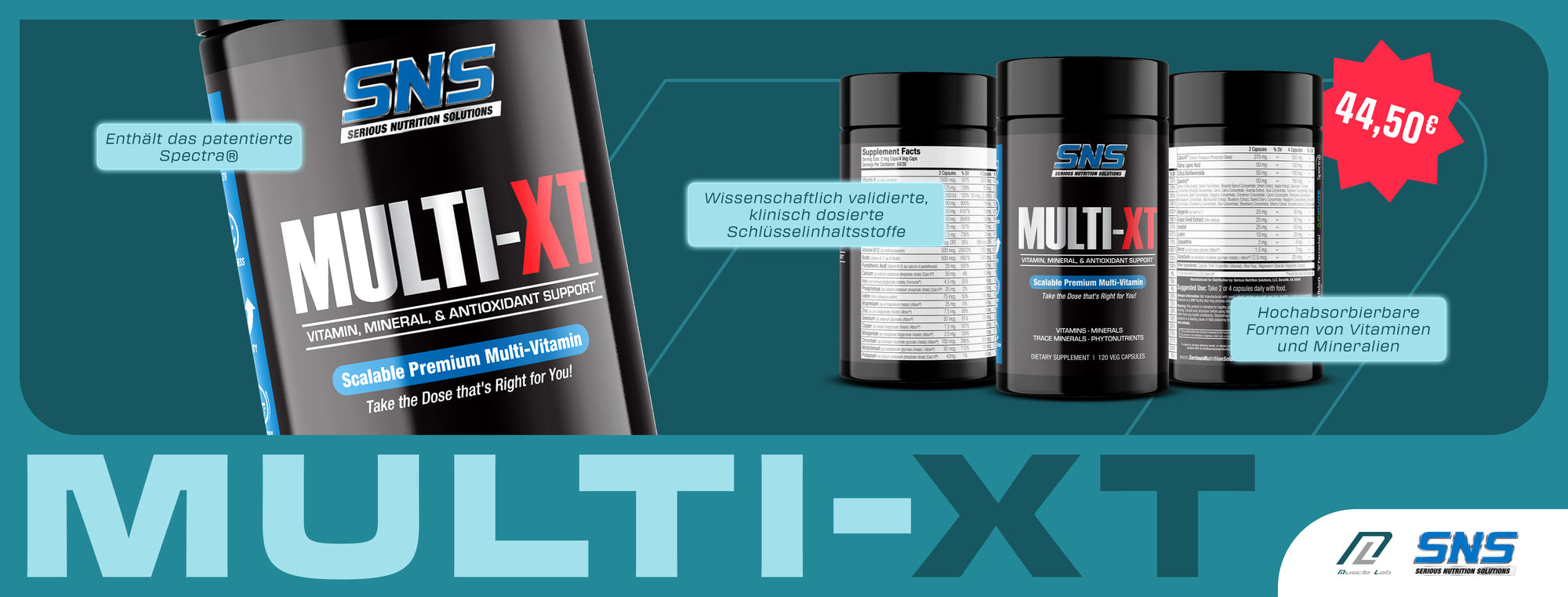HMB - the supporting amino acid for the diet
What is HMB?
HMB, also known as beta hydroxy beta methylbutyrate, is a metabolite of the amino acid leucine, which is also formed from the same. The amino acid is produced in smaller amounts from the daily intake of medium- and branched-chain amino acids, without which the body would not produce HMB.
HMB is said to not only contribute to muscle building but also inhibit or reduce muscle breakdown, which is perhaps the most interesting aspect of HMB. HMB is therefore often taken intra-workout or shortly before training to promote its anti-catabolic, or muscle-breaking, effects.
What can HMB be used for?
HMB is considered an amino acid and is free of side effects because it is simply a metabolite of the amino acid leucine. HMB is also water-soluble, so excess amounts are excreted in the urine. It is a natural supplement for athletes to optimize their diet and build muscle mass. HMB can be used as a dietary supplement and also as an intra-workout supplement.
Does taking HMB make sense?
HMB is a relatively unknown, yet effective supplement that can offer a decisive advantage for advanced athletes. Its ability to inhibit muscle loss during dieting makes it a very interesting supplement. Athletes preparing for competitions can use HMB as a legal supplement.
How is HMB preferably taken?
HMB is preferably taken conveniently in capsule or powder form. It is tasteless and mixes well with other products.
The dosage is currently estimated by scientists, and it's somewhere between 1-3g daily, divided into 2-3 servings. This means that it's best to take 1g of HMB in the morning, at lunch, and in the evening (after training) to reap the physiological benefits.
Advantages of HMB?
- HMB is said to have anti-catabolic properties
- As a metabolite of leucine, it is said to inhibit muscle breakdown (preferably in diet)
- It is said to have a positive influence on fat burning
- Suitable as an inexpensive support for diet (ambitious athletes)





